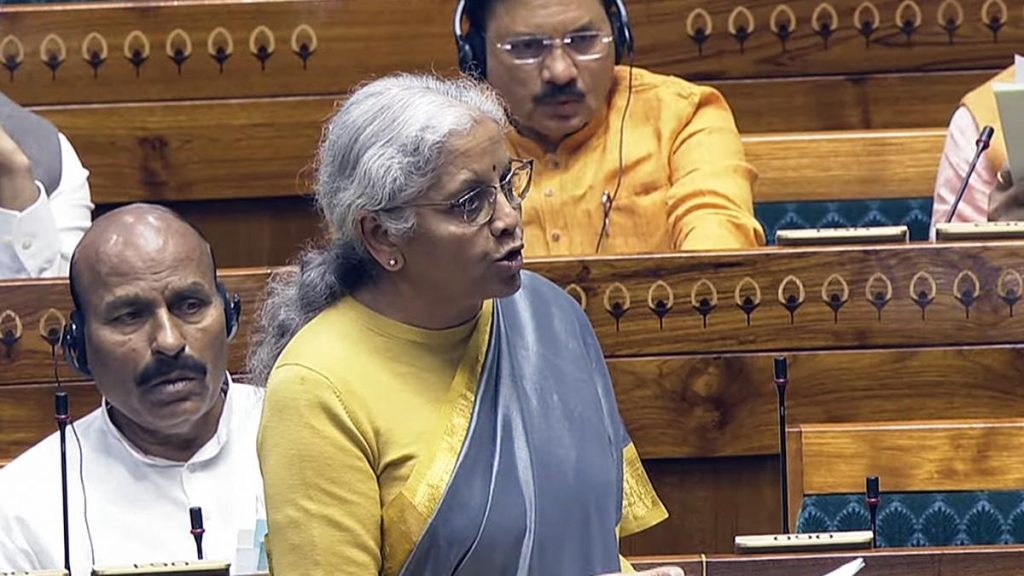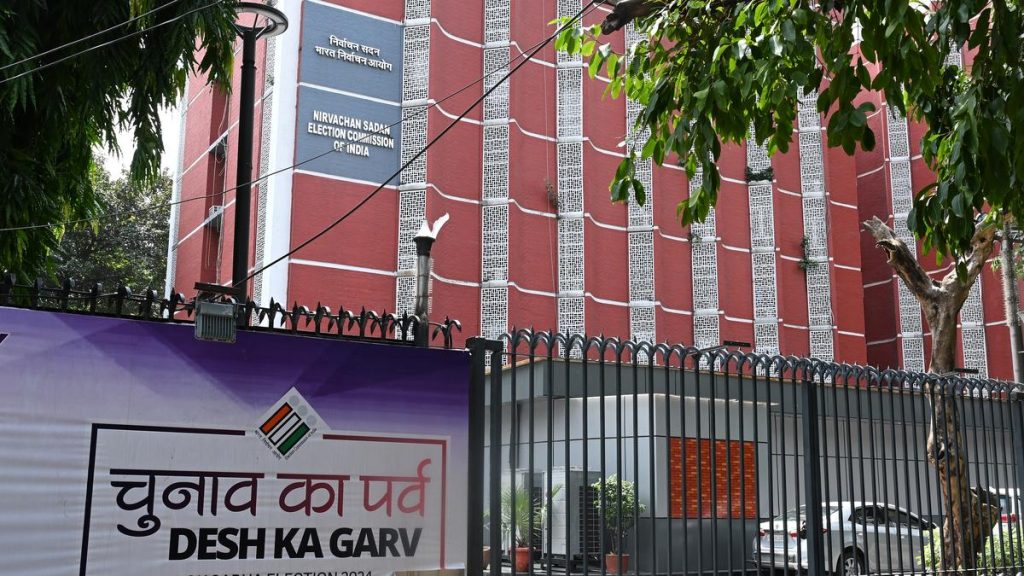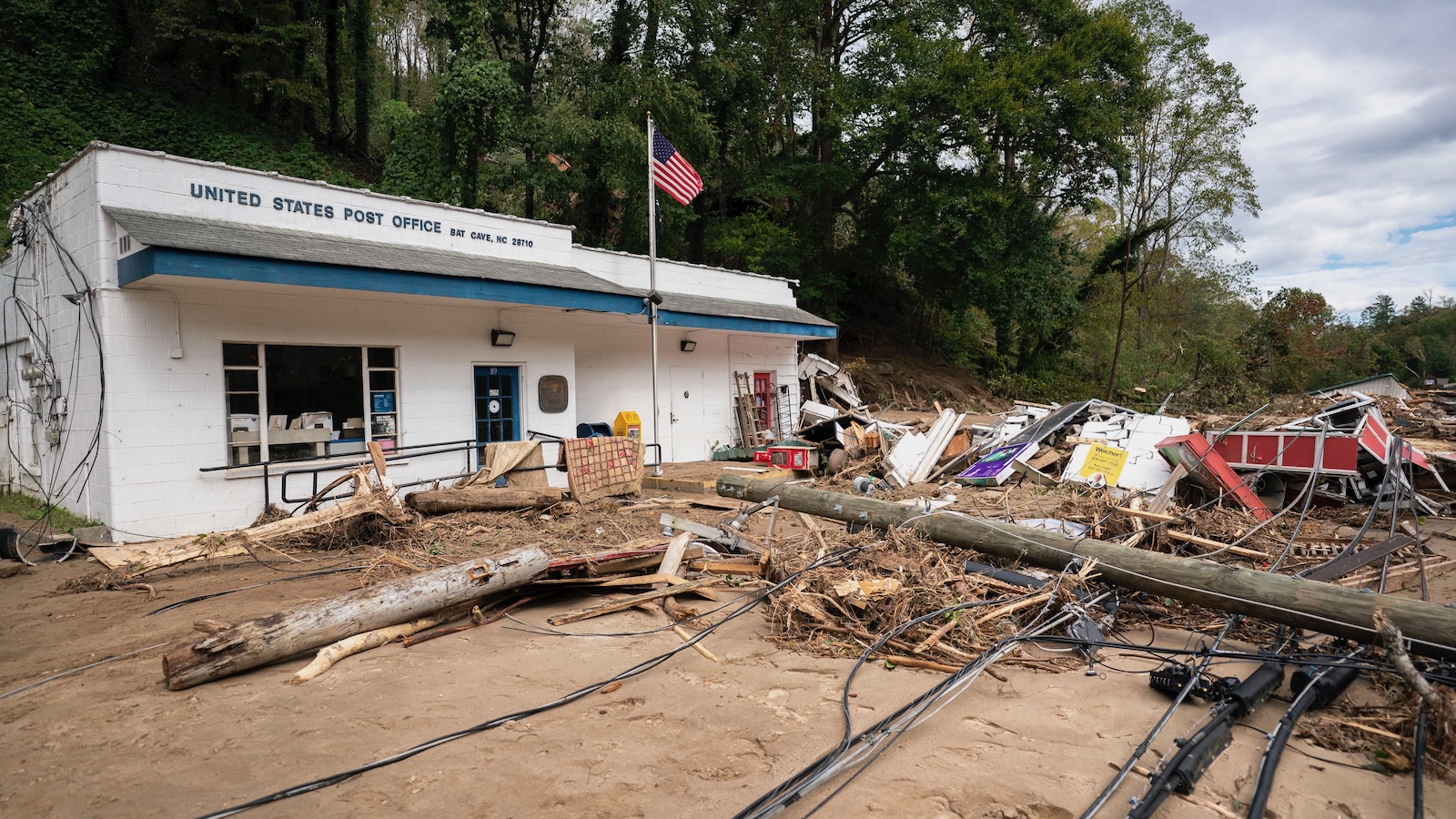Now Reading: Trump Transforms US Food System in 100 Days
-
01
Trump Transforms US Food System in 100 Days
Trump Transforms US Food System in 100 Days

Rapid Summary:
- President Trump’s second term has considerably reshaped the U.S. Department of Agriculture (USDA) in his first 100 days.
- Key changes include workforce reductions, the scrapping of equity and climate-related mandates, tighter food benefit eligibility, cancellation or freezing of several grant programs supporting local food systems, and rolling back environmental protections.
- secretary Brooke Rollins lead mass layoffs across USDA agencies impacting forest management staff, animal health researchers addressing diseases like bird flu, and workers involved in economic assistance for agriculture.
- Grant freezes disrupted farmers’ ability to access scheduled payments under programs like Partnerships for climate-Smart Commodities resulting in unpaid expenses for recipients such as Pasa Enduring Agriculture ($1.96M owed across grants). Many have labeled communication from USDA as inconsistent.
- Local food access initiatives faced complete termination while large industrial farms saw continued financial support through commodity bailouts worth billions during this period.
- Food policy experts warn about escalating hunger risks amid rising prices and reduced funding, particularly impacting marginalized communities.critics argue that disproportionate benefits were extended to larger farms over small or regional agricultural systems.
Image: Rain falls on the U.S. Department of Agriculture building on April 11, 2025 – Kayla Bartkowski / Getty Images.
Image: Volunteers pack food bags at a Texas food bank impacted by program cuts – Brandon Bell / Getty Images.
Read More: Link to original article
Indian Opinion Analysis:
The recent shifts within the USDA highlight an approach prioritizing efficiency through deregulation while heavily favoring large-scale commodity farming over smallholder farmers or localized agricultural networks. For India-a nation with vast rural populations reliant on cooperative farming models-the implications are noteworthy when analyzing trade strategies with nations emphasizing agribusiness consolidation.
additionally, reducing protections against environmental exploitation may present lessons as india negotiates between advancing industrial profitability and protecting fragile ecosystems amidst climate pressures akin to those influencing America’s agriculture department decisions.
With policy shifts visibly altering confidence levels among grassroots beneficiaries in rural America short-term stabilizing policies directly akin could affect India’s inputs reliant imports & negotiating space Stability patterns thus merit watch
























